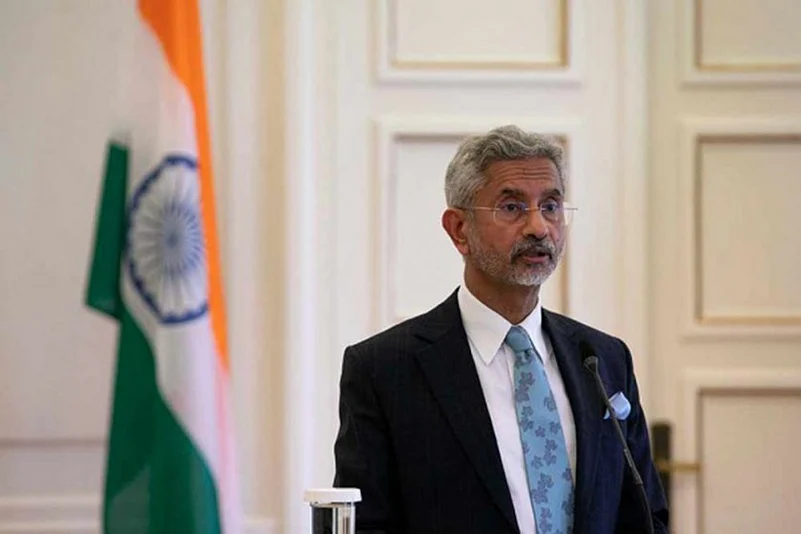Considering the current tension between India and China, the virtual conversation of the three major Eurasian powers ( Russia,India and China) was not expected to yield any substantive results.
India’s foreign minister Subrahmanyam Jaishankar as the chair of RIC hosted the meeting on Friday.
It was attended by Russia’s Sergey Lavrov and China’s Wang Yi.
Neither India nor China was enthusiastic about this 18th annual meeting held in the backdrop of last year’s military confrontation in Ladakh.
That issue has not yet been satisfactorily resolved and distrust between the two Asian giants continues unabated.
It was Moscow that pushed India and China not to miss out on the annual event. With President Vladimir Putin due to visit India on December 6 for the yearly summit with Prime Minister Narendra Modi, a reluctant New Delhi went along with Russia’s wishes.
China too was not keen but decided to go along with Russia’s request. Though Moscow has not tried to play peacemaker between India and China, saying they were mature enough to handle the situation, it would want both nations to mend fences. India-China tension draws New Delhi further into the US embrace. Perhaps India would have been less enthusiastic about the QUAD if it were not for China’s aggressive moves on its borders.
Considering the relations between India and China, much of the meeting was devoted to non-contentious regional and international issues. Afghanistan was naturally on the table.
Jaishankar raised it during his opening remarks, saying : ``As a contiguous neighbour and long-standing partner of Afghanistan, India is concerned about the recent developments in that country, especially the suffering of the Afghan people. India supports an inclusive and representative government in Afghanistan as also other provisions of UN Security Council Resolution 2593. In line with our commitment to the well-being of Afghan people, we have offered a supply of 50,000 MT of wheat to Afghanistan to address the drought situation.’’
He also suggested that RIC partners need to work together to ensure humanitarian aid reaches the people of Afghanistan, adding ``..without hindrance and without politicisation,’’ in a clear reference to Pakistan. Initially Islamabad had refused to give New Delhi permission to send wheat through its territory but has since relented.
The RIC statement issued after the meeting called for the formation of an inclusive government by the Taliban, representing all major ethnic and political groups in Afghanistan. They reminded the Taliban not to allow terrorist groups to function from Afghan soil. The three countries also emphasised the central role of the UN in Afghanistan.
The statement called for all sides in Myanmar not to resort to violence and hoped that the five-point consensus in cooperation hammered out by ASEAN leadership is followed for lasting peace in that country. At the same time the RIC nations assured Myanmar that they stood for the sovereignty, political independence, territorial integrity and unity of Myanmar.
With the threat of US sanctions for the purchase of the S-400 missile system from Russia, the RIC spoke out against unilateral sanctions. ``The Ministers agreed that the imposition of unilateral sanctions beyond those adopted by the UNSC as well as "long-arm jurisdiction” was inconsistent with the principles of international law, have reduced the effectiveness and legitimacy of the UNSC sanction regime, and had a negative impact on third States and international economic and trade relations.’’ Successive Indian governments have been opposed to bilateral sanctions.
The long statement issued by RIC is the reiteration of issues that are non-contentious. However, there was little in the shape of new policies or ideas considering the fractious ties between India and China.


























